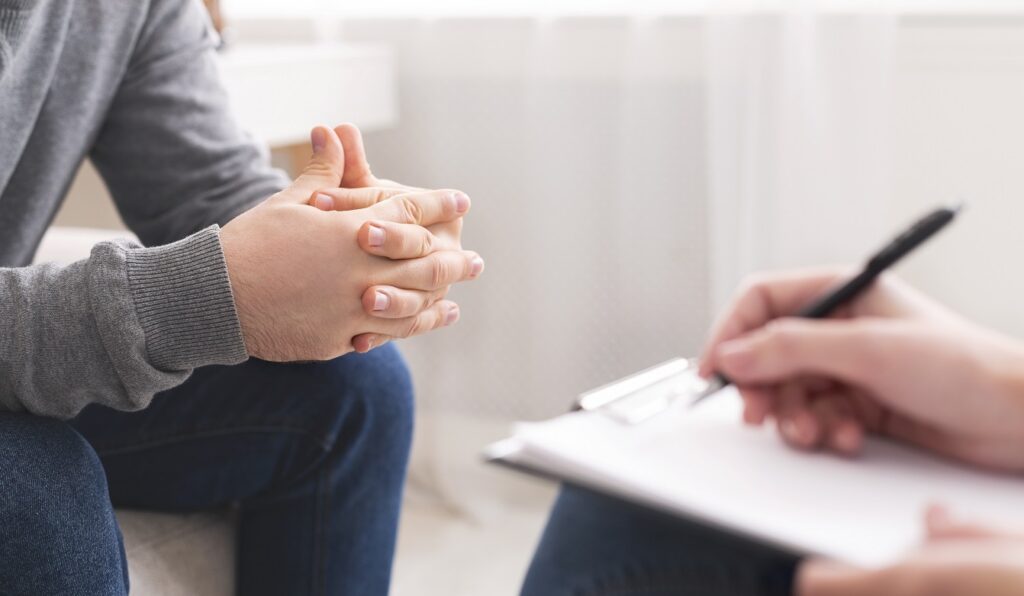
Once patients begin their road to recovery from addiction, counseling is an important component for short-term and long-term success. Counseling, also called therapy or psychotherapy, may be different for each person depending on what form of addiction they have and how long they have been struggling.
For patients with mild addiction, counseling may be all that is needed depending on the substance and causes of addiction. For more severe addictions, different methods and formats of counseling can be combined with other treatment options to give patients a personalized and comprehensive approach to recovery.
Therapists incorporate elements of cognitive behavioral therapy, motivational enhancement therapy and acceptance and commitment therapy, among others, to improve functioning and quality of life.
In fact, research continues to show that counseling in conjunction with medications and other treatments reduce short-term and long-term substance use and improve rates of treatment completion.
As patients progress through recovery, counseling approaches change as well. For some patients, in the early stages of recovery, patients may gain insight into the causes of their addiction and work on motivation skills to set and achieve goals. As patients progress, counseling may help them develop a more positive outlook on life, handle stress more effectively and improve their relationships.
The majority of therapy is completed one-on-one with the patient and therapist, and is often supplemented with family, partner or group therapy. Based on the severity of the patient’s condition and their recovery goals, therapy may range from weekly meetings to even once a month. The majority of patients are able to successfully complete therapy within three to 18 months based on their goals, motivation and diagnosis.
Group therapy is often recommended as part of the recovery process. Talking with individuals who are experiencing similar recovery roads provides a social support structure, helps patients better understand how their behavior has been impacted by substances and exposes them to different skills they can use to improve these behaviors.
Family support can play a powerful role in addiction recovery. Studies show that when family members participate in therapy, patients are more likely to consistently attend therapy and less likely to experience relapse. Addiction doesn’t just affect the patient, it touches everyone involved. Family therapy reduces stress, helps children adjust to the situation and gives families the tools they need to heal from the damages caused by addiction.
Trying to break an addiction can sometimes feel like being on a roller coaster of starts and stops. This indecision is frequently related to ambivalence or a lack of motivation and is common even among patients who genuinely desire to be drug-free. Using a technique called Motivational Interviewing, counselors collaborate with patients to help them identify their own unique internal motivations and strengthen their commitment to a specific goal. By listening to, guiding and empowering patients through this process, patients are able to discover their own reasons for wanting to change and are more prepared to commit to a sustainable recovery.
Cognitive behavioral therapy is a common method used in addiction counseling and can be an effective tool in helping patients learn to identify their unique triggers that generate cravings for drugs. Therapists can teach patients how to understand the source of negative thinking and emotions and replace them with positive, healthy thought processes.
The new habits you form from counseling can last a lifetime and can make a dramatic impact on your entire life. Not only can counseling support you on your road to recovery, it can improve your perspective and approaches to relationships, personal goals and professional endeavors as well as other areas of your life that may have contributed to the onset of your addiction.
In case of a medical emergency, please call 911. For immediate and confidential emotional support, please call 988 to reach the National Suicide and Crisis Lifeline.